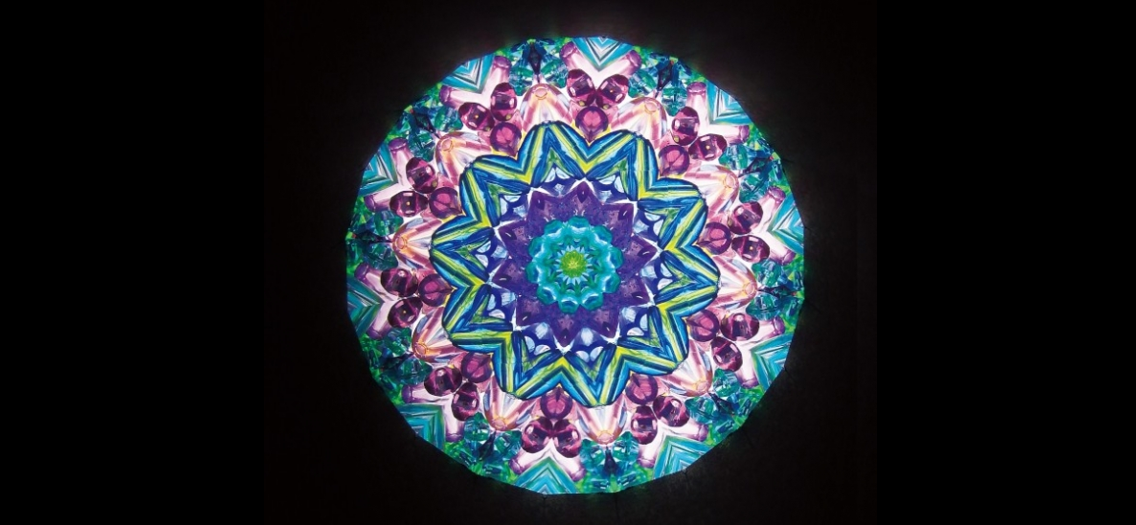每日外闻36

翻译哈佛商业评论经典文章
万花筒里看成功9
打造你自己的“万花筒”2
现在,你可以拿着这个属于自己的"万花筒"对着光看看了。然后客观的问问你自己:
- 你的“万花筒”是否完整?有没有还空着的领域,或者过于集中?在你所列的清单中,每个领域(自我、家庭、工作、社区)是否都有足够只在一个领域里取得了满足感,还是在这四个领域都有取得成功呢?
- 你所列的清单,也就是你的万花筒变化有多大?到目前为止,你最大的成功和满足是哪里?哪里还有空缺?是否有自己痴迷的领域?万花筒里的腔室和领域是处于不断发展的转态还是一直重复着过去的事情?
- 从你做过的事情中你学到了什么?你的时间花在了哪里,它是否和你想从成功中想得到的东西一致?失败的最大原因之一是过分依赖自己的最大优势。你是否只喜欢做那些你最擅长的,而忽视了你需要在这四个类别中完成的那些事情?
以下是万花筒策略如何帮助约翰-一家大型房地产公司的老板,找到持久成功的方法的。约翰在决定如何处理自己的业务时遇到了麻烦。在与十几岁的孩子闹翻,又经历了一系列让他感到虚弱无力的头痛之后,他最终决定减少自己的工作量。他违背家人的意愿,独自购买了一架飞机,留出了更多的属于自己的空间。但他仍然感到很痛苦。他说,“我知道我应该为了自己的幸福卖掉一部分自己的地产生意,但是我就是做不到。”
我们建议他试着将售卖部分生意归入另一个看起来要空得多的要素中。在这里他相当于把这次售卖归入到了“幸福”这个要素中,我们认为将其归入到“继承”中更为合适。“继承”是帮助别人在你离开之后,在你建立的成就和价值观的基础上取得成功。约翰想起了一个已经离公司的年轻经理,这个人了解约翰的价值观,并且凭借自己的能力取得了很不错的成就。这个人可能会很乐意领导约翰想卖掉的部分生意,而且他很可能会把约翰花费了毕生精力打造的生意做大做强。约翰需要这样的买主,他与这样的人做生意会感到很舒服。
通过不同的角度来看这个问题后,约翰对于这次出售更加的坚定了,他对自己的目标框架的认识也更加的清晰,他把这次售卖归类在他“万花筒”里的“传承”部分。现在他有了一个更加现实,但同时也很振奋人心的目标和时间框架,他在不放弃自己的房地产事业的前提下,分出了很多精力与女儿和妻子相处,他感到乐在其中。
Success That Lasts 9
Building Your Own Kaleidoscope 2
Now, metaphorically speaking, you can hold your kaleidoscope up to the light. Look at it objectively, and ask yourself:
-
How integrated is your profile? Are some of the domains empty? Are others too full? Is each realm of your identity—self, family, work, community—a depository of only one satisfaction, or is there a broader basis for success in each of these areas?
-
How varied is your profile? Where are most of your greatest successes and satisfactions so far? Where are the holes? The obsessions? Are the chambers and realms evolving or repeating the same things over and over?
-
What have you learned about what you actually do? Where is your time going? How does it speak to what you really want from success? Research into success has shown that one of the biggest causes of failure is an overreliance on one’s greatest strengths. Are you favoring what you do best and neglecting your need for fulfillment in all four categories?
Here’s how the kaleidoscope strategy helped John, the owner of a large real estate company, find enduring success. John was having trouble deciding what to do with his business. After a blowout with his teenage child and a series of relentless, debilitating headaches, he decided he had to cut back on his work. He had already bought a plane—against his family’s wishes—and he had increased his time for himself, but he was still suffering. “I know I should sell part of this business for the sake of my happiness,” he said, “but I just can’t do it.”
We suggested he try putting this sale in another category, one that seemed rather empty. Why not think about the sale as an active engagement in legacy rather than as a platform for happiness? The pieces fit. Legacy is about building on your achievements and values to help others succeed after you’re gone. John remembered a young manager who had left the firm, someone who knew John’s values and was quite accomplished in his own right. This person would probably welcome the chance to head the new spin-off, and he’d be likely to extend the kind of business John had spent his life building. The buyers would need such a person, and John would be comfortable doing business with them.
After seeing the situation from a different perspective, John was more decisive about the sale and had a richer platform of concrete goals around which to structure the transaction: the terms in which legacy would be fulfilled, the new time frame for his own enjoyment of life, a revitalizing and more realistic set of achievement goals, and a sense of providing the space to be there for his daughter and wife without giving up all the challenges of the real estate business.
See you tomorrow



